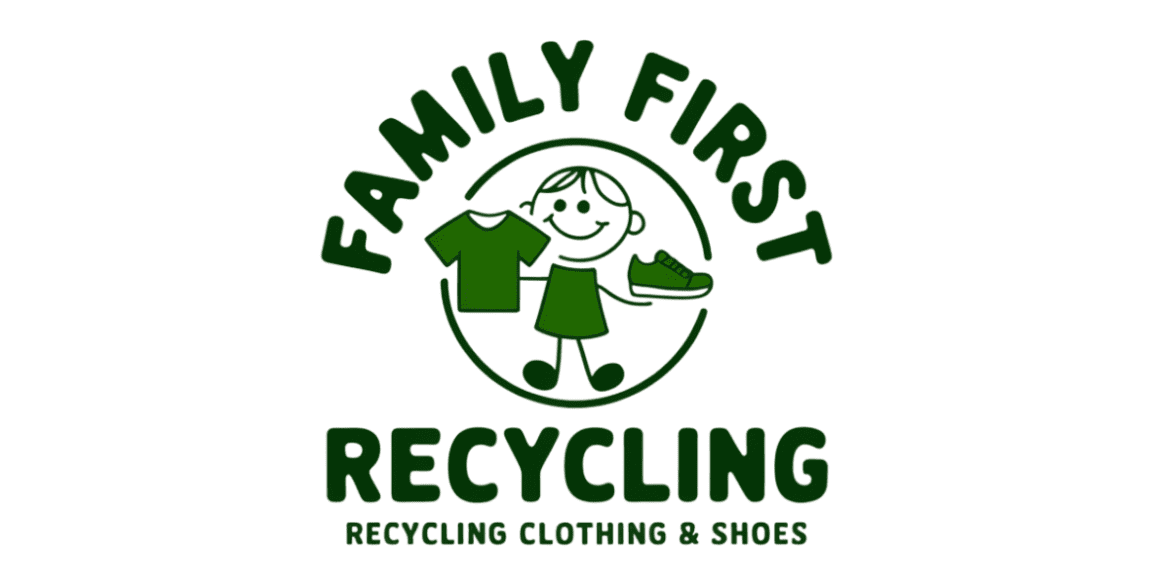In an era where environmental sustainability is paramount, Family First Recycling has emerged as a key player in addressing the growing issue of textile waste. Led by CEO Devon Walker, the family- and employee-owned company is dedicated to offering impactful solutions that reduce the staggering 97% of recyclable textiles that end up in landfills annually. Through their innovative Bin Sharing Revenue Program, Family First Recycling is redefining the lifecycle of textiles while creating new opportunities for individuals, communities, and businesses to collaborate in reducing waste.
Textile waste is one of the most pressing environmental challenges of our time, contributing to pollution and exacerbating the fashion industry’s environmental footprint. Despite the vast potential for reusing and recycling textiles, a majority of these materials are discarded, further straining landfills. Family First Recycling has developed a unique approach to tackling this issue with a solution that benefits both the environment and local communities: the company’s Bin Sharing Revenue Program.
“At Family First Recycling, we view textiles as a valuable resource, not a waste,” said Devon Walker, CEO. “Our Bin Sharing Revenue Program allows individuals, businesses, schools, and other organizations to partner with us to reduce textile waste while generating revenue. We’re focused on not only creating a sustainable future but also empowering communities and individuals to make a tangible difference.”
The Bin Sharing Revenue Program offers an accessible opportunity for individuals and organizations alike to reduce their textile waste while simultaneously earning revenue from unwanted or unused items. By placing designated recycling bins in neighborhoods, businesses, schools, and community centers, Family First Recycling makes it easier for individuals to donate unwanted textiles. These donations are then collected and processed by the company, either being reused, repurposed, or recycled into new products, ensuring that textiles are kept out of landfills.
This innovative model benefits both the environment and the participating individuals and organizations. By providing bins for textile collection, Family First Recycling helps reduce landfill contributions and extends the life cycle of fabrics and materials. For businesses, schools, and other organizations, this partnership offers a new avenue for revenue generation. Every time a bin is filled, participating individuals or organizations receive a share of the proceeds from the textiles collected, making it an effective and sustainable fundraising option.
Family First Recycling’s approach to textile recycling stands out for its thoughtfulness and commitment to sustainability. Unlike traditional recycling operations, which often only focus on the immediate reuse of materials, Family First Recycling goes a step further by ensuring that textiles are processed in a way that maximizes resource use. Textiles that cannot be directly reused are carefully shredded and transformed into new products, supporting the creation of a circular economy that minimizes waste while benefiting multiple industries.
The company’s commitment to education also plays a key role in its success. By raising awareness about the environmental impact of textile waste, Family First Recycling is helping individuals and organizations understand how their small actions can lead to meaningful change. Through its partnerships with local organizations, the company is actively engaging in educational initiatives that promote sustainable practices and the importance of responsible textile disposal.
The Bin Sharing Revenue Program is particularly appealing to individuals and organizations looking to do their part in the fight against textile waste while generating additional income. By participating in this program, individuals, schools, businesses, and community groups can contribute to a cleaner environment, help reduce the pressure on landfills, and support the growth of a more sustainable economy. Moreover, this program aligns perfectly with the increasing demand for environmentally conscious practices in a variety of sectors.
“The younger generation is motivated by a strong desire to protect the planet, while older generations want to leave a legacy of sustainability,” explained Walker. “Through our Bin Sharing Revenue Program, we’re able to bring both of these perspectives together in a way that benefits everyone, creating a positive impact on the environment while providing individuals and organizations with a new revenue stream.”
Family First Recycling’s ongoing efforts to reduce textile waste reflect the company’s core values of family, responsibility, and sustainability. Their work is making a significant difference in communities across the United States, demonstrating that textile waste need not be seen as a problem but as an opportunity for change.
The Bin Sharing Revenue Program is just one of the many ways Family First Recycling is leading the charge toward a greener, more sustainable future. By partnering with like-minded individuals and organizations, the company is paving the way for a future where textiles are no longer disposed of recklessly, but rather valued as resources to be reused, repurposed, and recycled.
For more information about Family First Recycling and their Bin Sharing Revenue Program, or to learn how you can get involved, visit their website at www.familyfirstrecycling.com.
Family First Recycling is committed to making a tangible, lasting difference in the fight against textile waste, one piece at a time.

